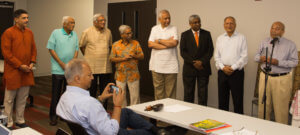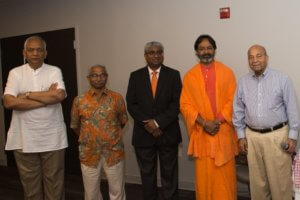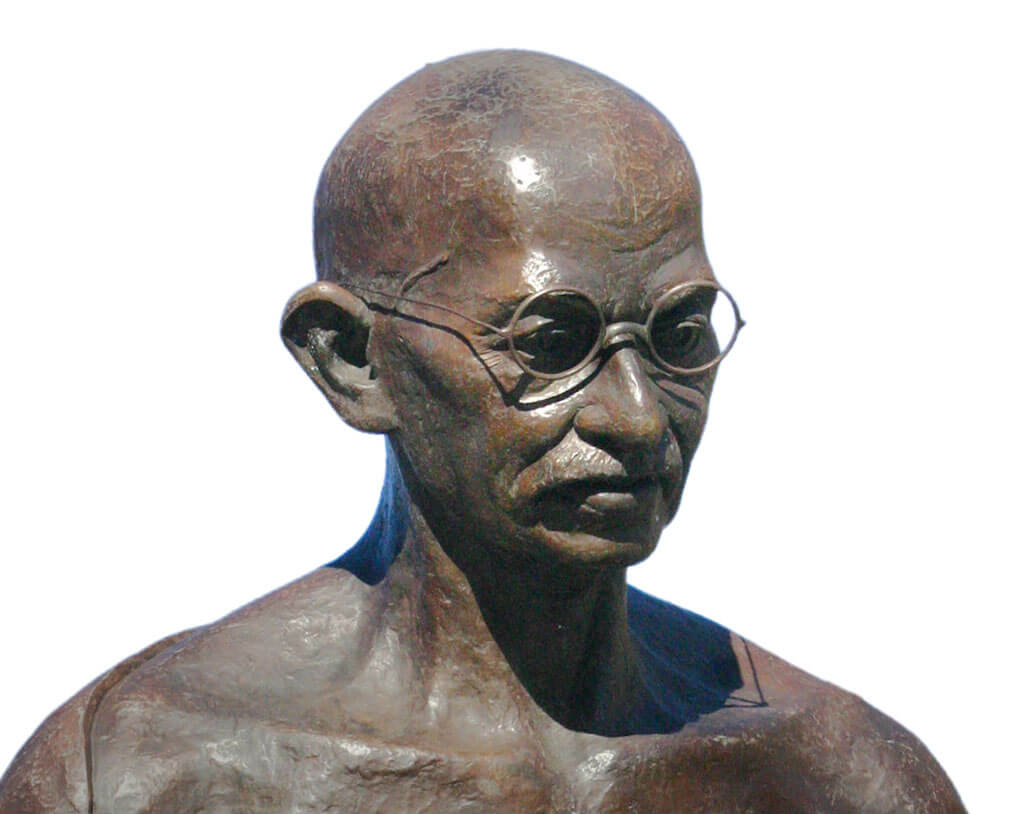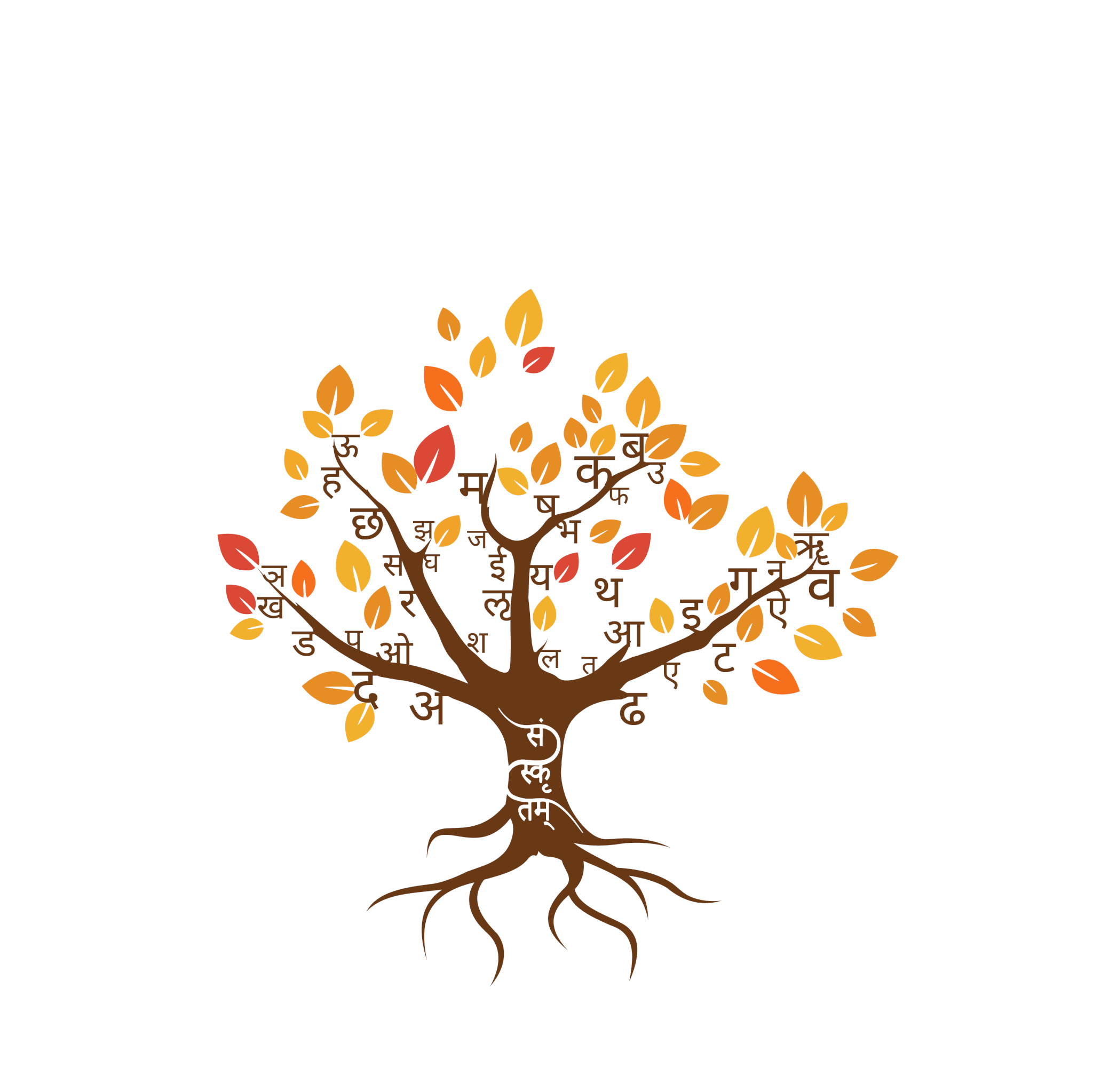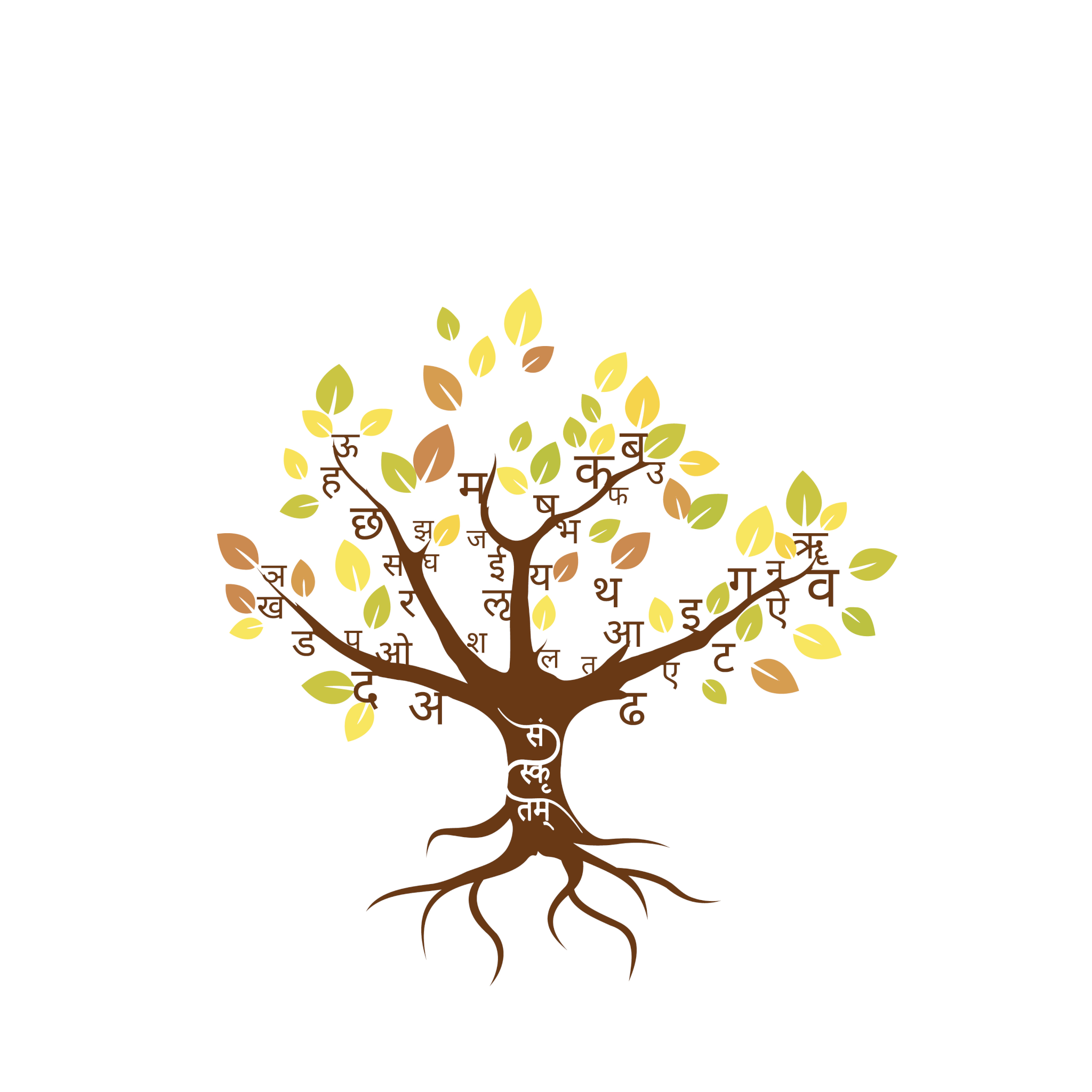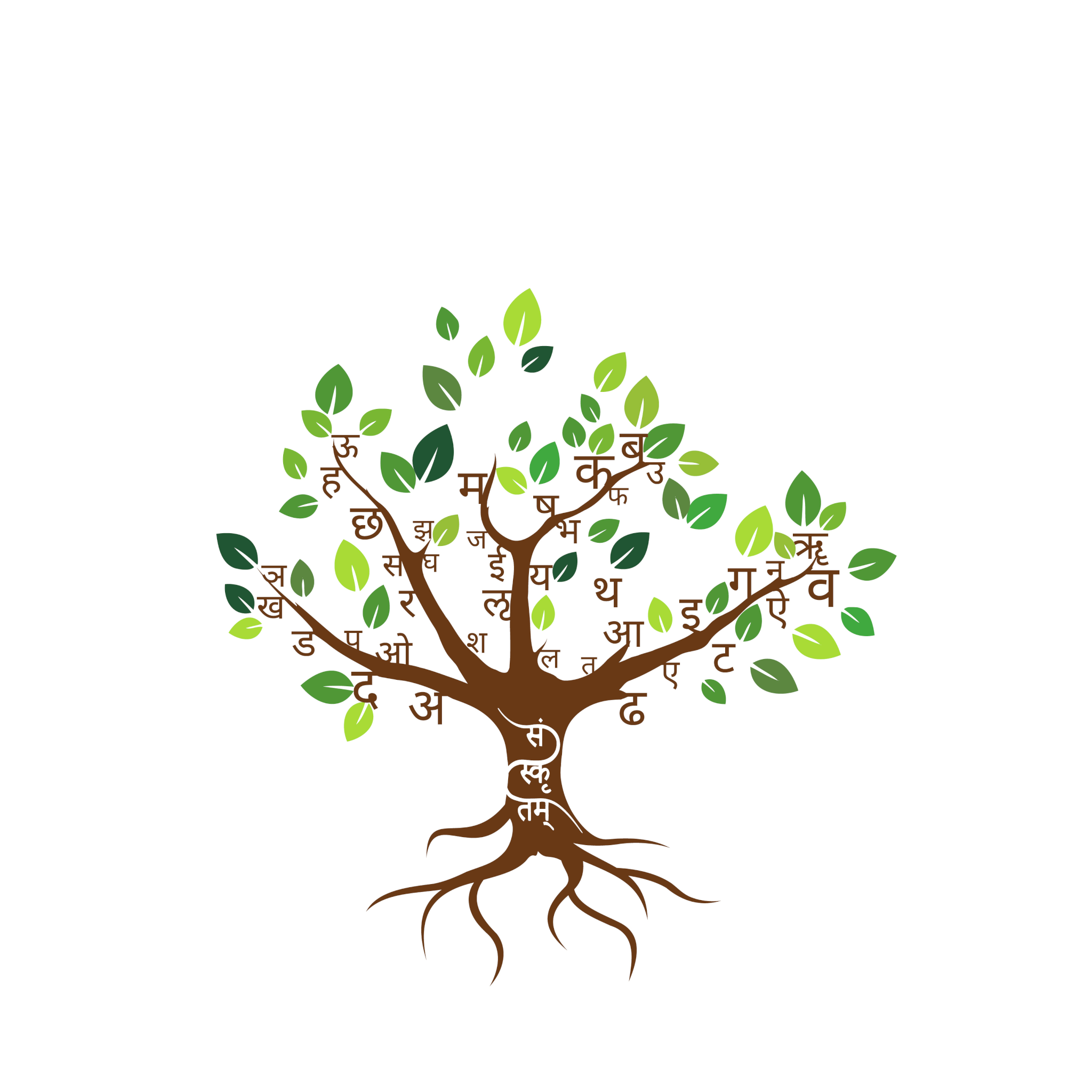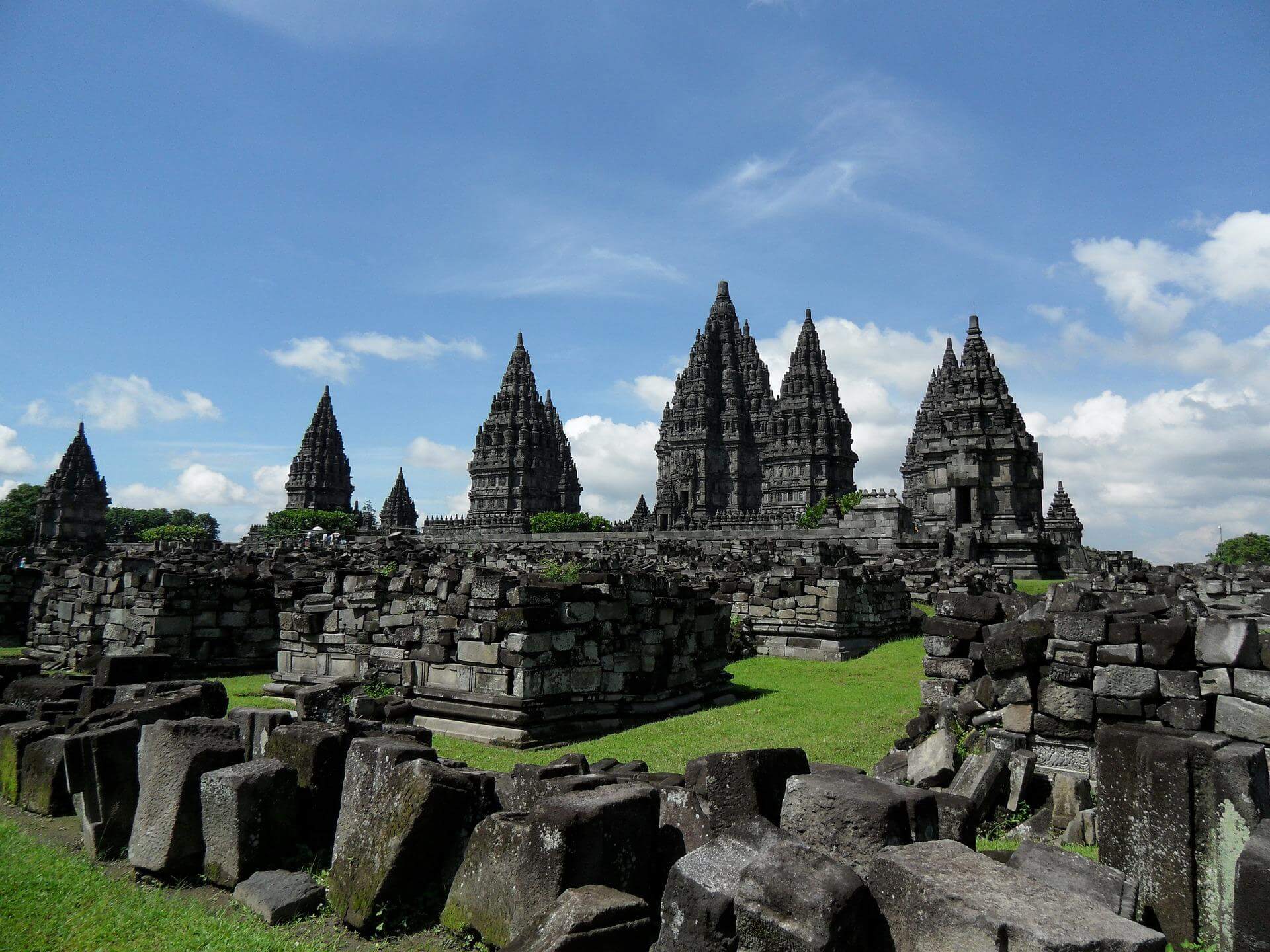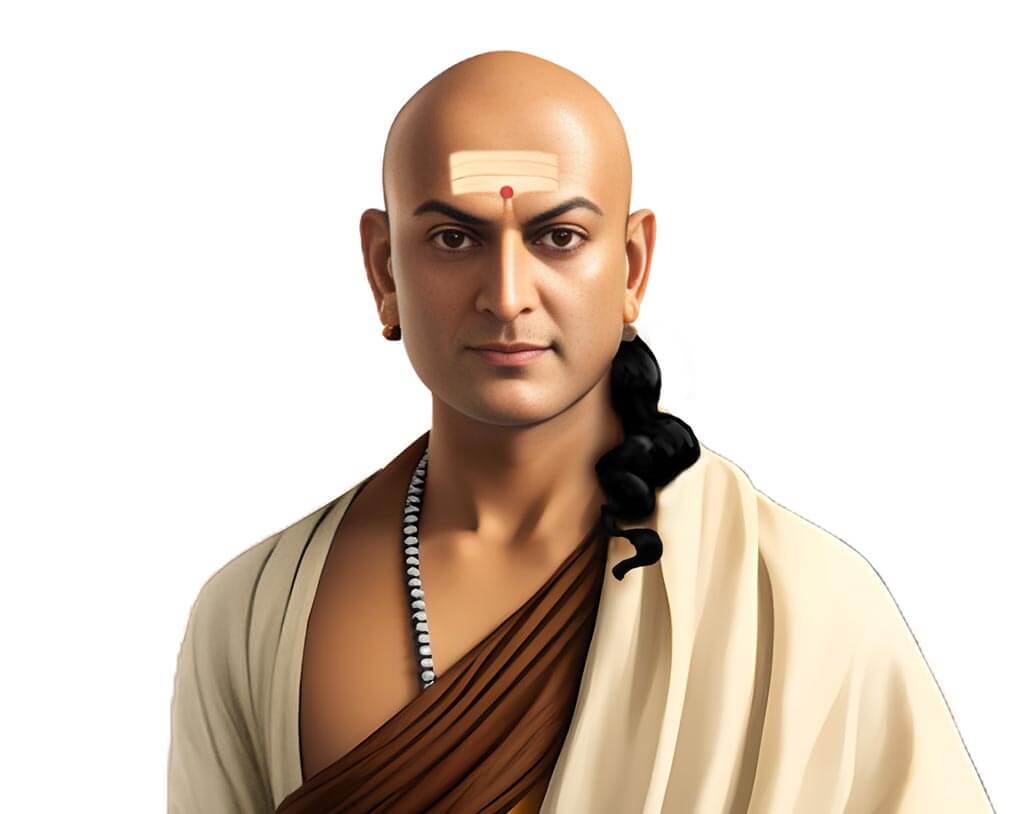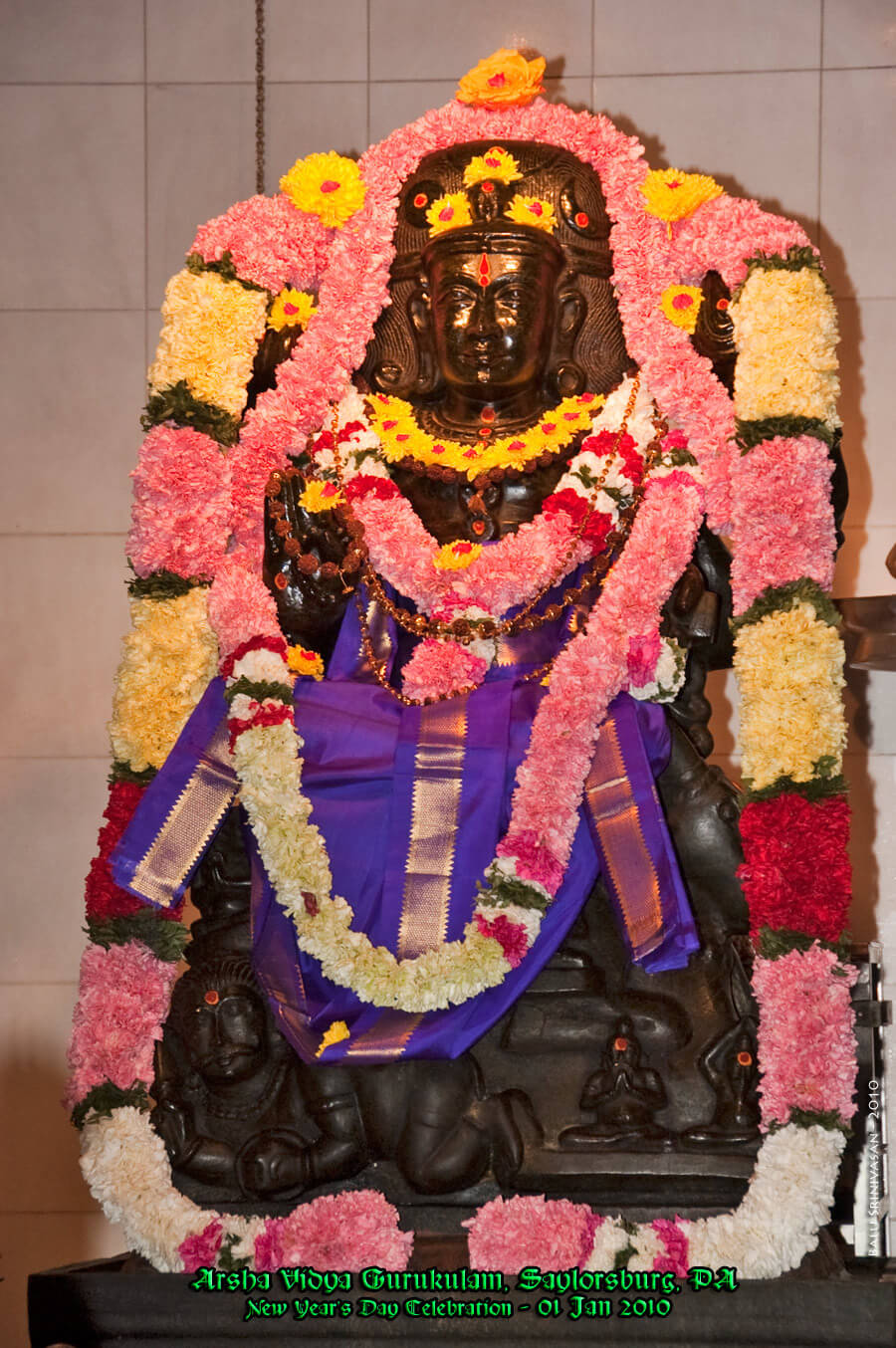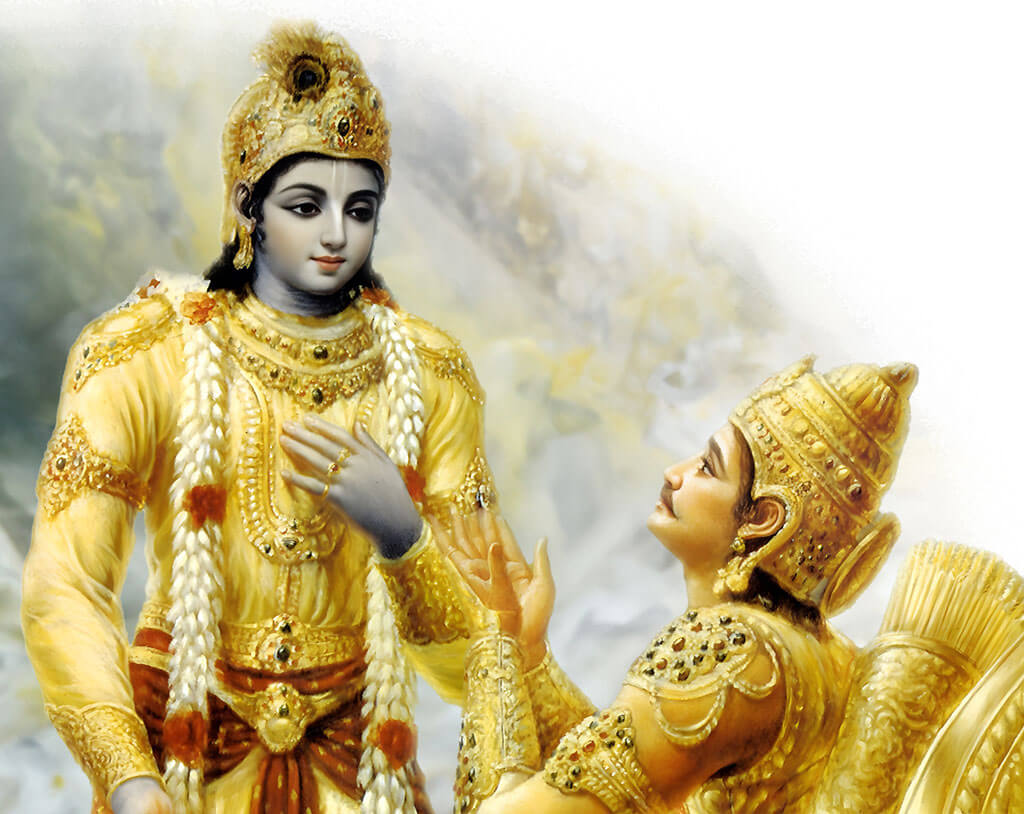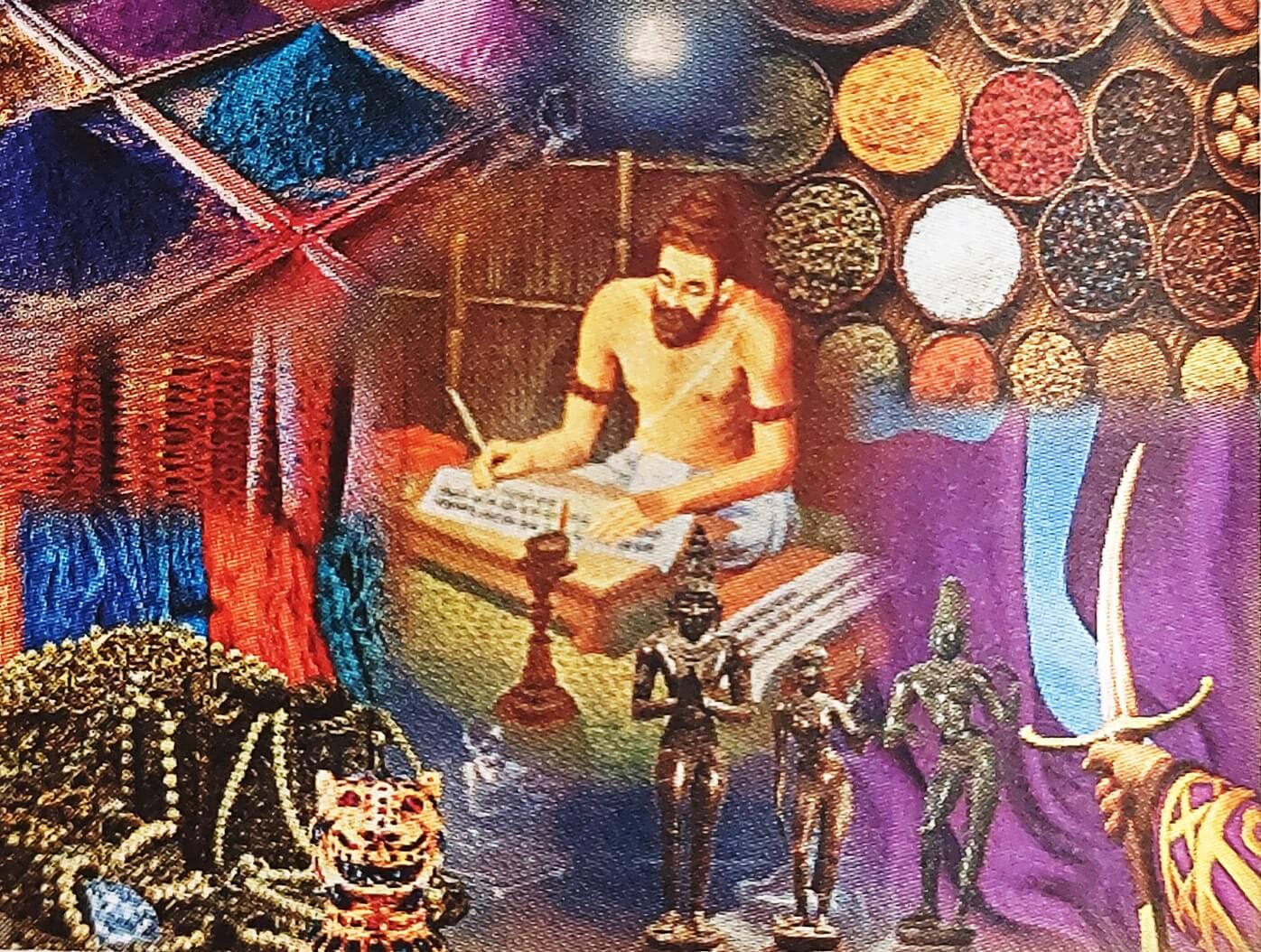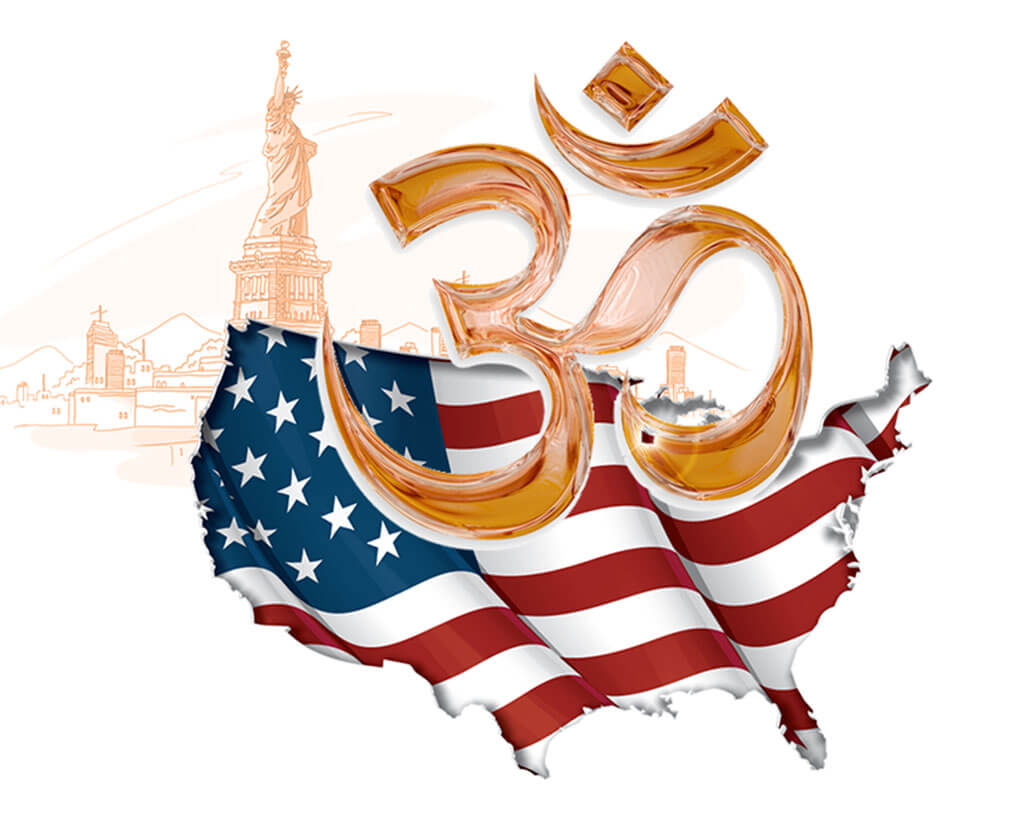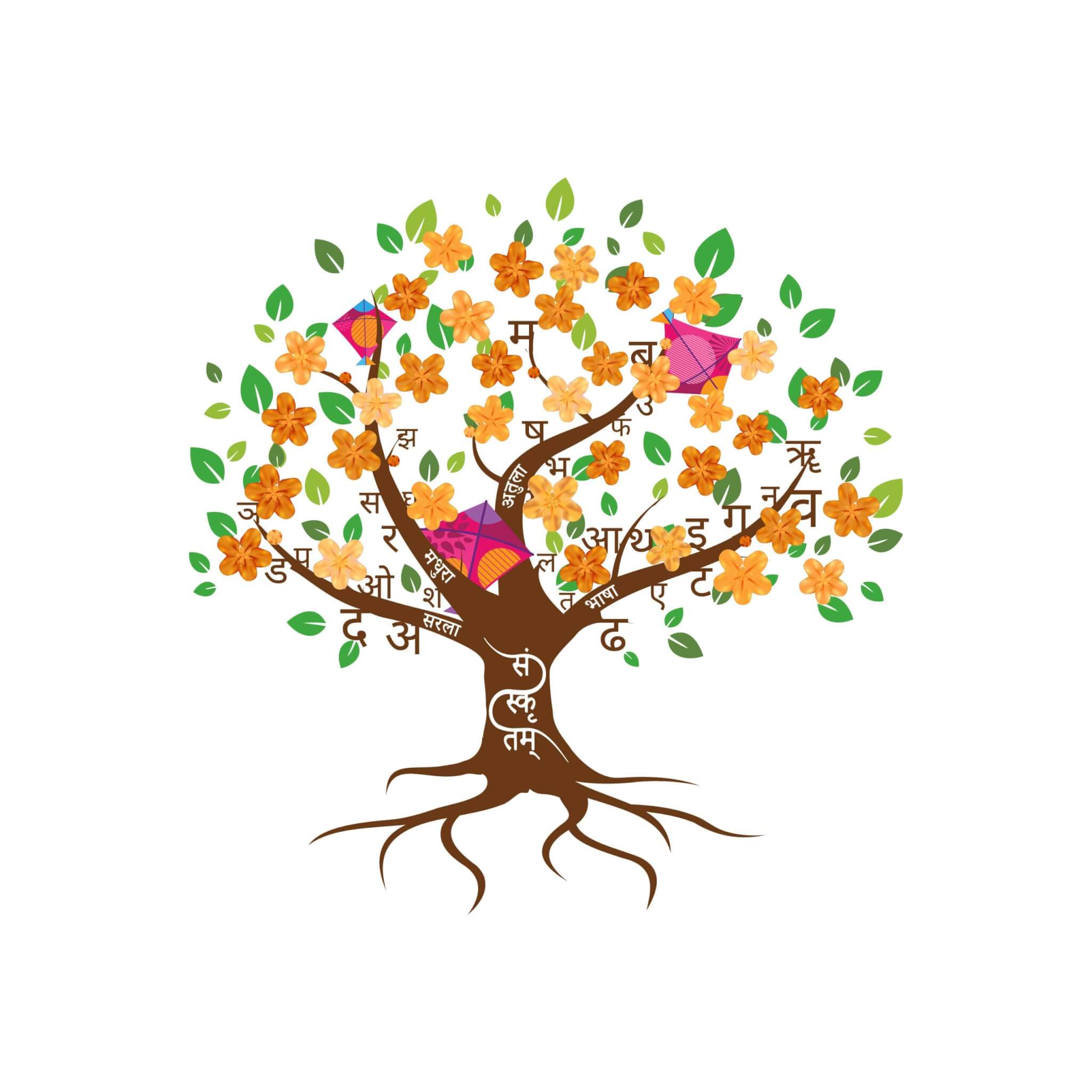Quarters / Semesters Offered: Summer 2023
Ahimsa and the Art of Nonviolent Communication
The Art of Nonviolent Communication and Ahimsa
Ayurveda – The Wisdom of Wellbeing
Beginning Sanskrit – II
Beginning Sanskrit – II
Beginning Sanskrit – III
Beginning Sanskrit – IV
Beginning Sanskrit – IV
Certificate in Hindu Civilizational Studies
Certificate program in Hindu Civilizational Studies
Certificate program in Hindu Civilizational Studies (C.H.C.S) is an in-depth exploration of the Hindu Civilization from a Hindu perspective. It provides the student with a grounded understanding of Hindu Dharma as one of the oldest, continuous, and still thriving cultures of the world. It unfolds the paradigm of Dharma, i.e., sustainability or natural order, through an exploration of its culture and knowledge traditions. This program enables the student to discover, reconnect and become profoundly established in the paradigm of Sanatana Dharma through a systematic study of the Hindu Civilization.
It comprises of 2 parts:
1. Exploring Hinduism
A set of courses to gain an understanding of Sanatana Dharma and Hindu thought – the bedrock of the Hindu Civilization, by exploring the history, facets, and practices of this culture, which is based on the principles of Dharma at its core. What is Sanatana Dharma? What is Hinduism? When did Hinduism start? Who is a Hindu? What makes Hindus different? Does Hindu thought have relevance in today’s world? Answers to such questions can be found in this “Exploring Hinduism” set of courses.
2. Hindu Contributions To The World
A set of courses to learn how the Hindu civilization and its knowledge systems had influenced world progress with contributions in the realm of both Matter and Mind. This series of courses looks beyond the myths set in motion by a few hundred years of colonial encounter and examines the evidence for the sciences, technologies, inventions, industry, prosperity, wealth and thought leadership that had made India a sought-after civilization across times. It is now accepted knowledge that India was at the top in world trade for around 2000 years with 1/3rd of world trade coming from India. But there is very little mention of how India accomplished this position.
What did it create? What did it trade in? This set of courses goes into the details of the individual components that made up this 33% of world trade and its impact on the world and in India. This subject matter stays unacknowledged and is rarely available for discussion. It also addresses the crucial question, “How could this civilization give all this and more – both to the East and the West?”.
It is a cyclic program of 8 quarters / courses, where participants can join during any quarter and get their Certification once they complete the 8 courses in any order and at their own pace, depending on their ability to join any quarter. This program is open to all – those with or without Indian or Hindu roots, wherever they may be in the world. It will help see the world from a Hindu, Bharatiya, Indic perspective and experience how different it is, from what we think we know.
Program Learning Outcomes: At the end of this program, students will be able to:
- Explain the Hindu Paradigm of Dharma
- Describe salient aspects of the Hindu Civilization
- Critique various misrepresentations of Hinduism
- Synthesize an expansive account of world history
- Establish an expanded sense of purpose and relevance
Required / Elective: Required
Prerequisites: Admission into a Certificate in Hindu Civilizational Studies
Faculty / Instructor: Dr. D. K. Hari, Dr. D. K. Hema Hari,
Quarter Offered: Winter 2025
Chanakya’s Leadership Principles for the 21st Century
Chanakya’s Leadership Principles for the 21st Century
Daksinamurtistotram by Adi Sankara
Daksinamurtistotram by Adi Sankara Course content:
The Daksinamurtistotram by Adi Sankara consisting of ten stanzas is a profound Vedantic text expounding the various tenets of Vedanta. The hymns are in praise of Lord Dakṣiṇāmūrti visualized as the embodiment of Self-knowledge. Hence, the text describes the reality of the Self as the limitless Brahman in ten verses which are linked together in such a way leading to the discernment of the one indivisible reality threading through the individual self, the world, and the causal principle, Īśvara.
The text pulls together the philosophical content of the Upaniṣads, the Bhagavad Gītā and the Brahmasūtras – the three core pillars of Vedantic knowledge and presents a comprehensive summary. The profundity of the ten verses inspired Surēśvarācārya, a well-known disciple of Ādi Śaṅkara, to write a lengthy commentary (vārtika) known as Mānasōllāsa, meaning that which invigorates the mind of an assiduous seeker of Self-knowledge.
Course Learning Objectives:
In this course students will:
a) Examine the ten meditation verses of the Dakṣiṇāmūrtistōtram
b) Discuss their meanings through a detailed exposition of the verses
c) Interpret the relevant commentaries on the text
d) Recognize the nature of the Self, in relation to the world and its cause
e) Establish a grounded understanding of the core teachings of Vedanta
Class Structure
There will be one 90 min class every week. This will consist of a lecture for 75 min and a 15 min Q&A pertaining to the subject matter discussed. Class-room participation is encouraged.
Purchasable Readings before the Course:
Readings:
1. Hymn to Sri Dakṣiṇāmūrti of Ādi Śaṅkara – A commentary by Swami Chinmayananda, 2009
2. Sri Dakshinamurti Stotram: In praise of the teacher of teachers, by Swami Dayananda Saraswati, Kindle edition from https://www.amazon.com/
3. Sri Daksinamurti Stotram of Sri Sankaracarya by Swami Tattvavidananda Saraswati, 2002, – https://www.avgbooks.org/
4. Dakshinamurti Stotra with Manasollasa, Swami Harshananda, https://www.amazon.com/
Required / Elective: Elective
Prerequisites: Some exposure to the Vēdānta śāstra and ability to read Sanskrit.
Faculty: Dr. Venkataraman Swaminathan
Start Date: July 11, 2023
End Date: September 19, 2023
Time: 08:00 pm EST – 9:30 pm EST
Day: Tuesday
Quarter Offered: Summer 2023







